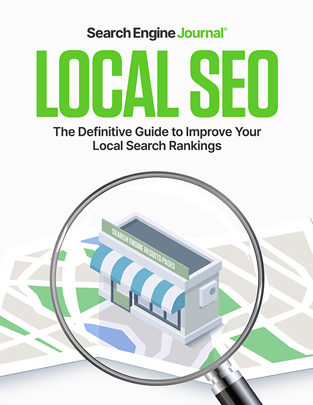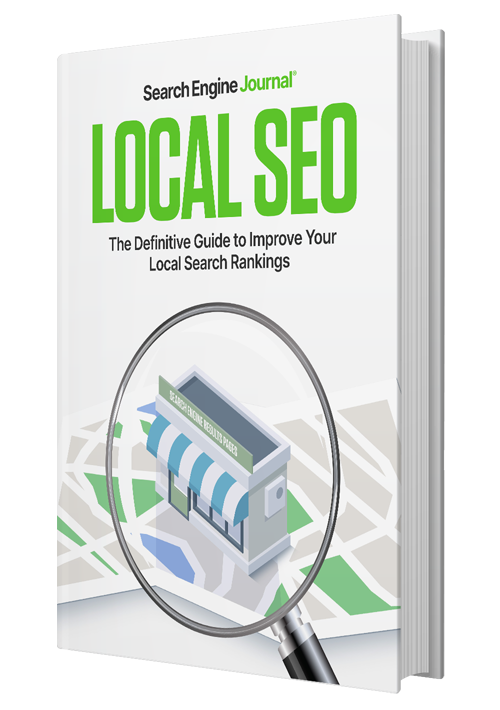A Guide to Local SEO
Local search engine optimization requires a strategic and targeted approach that is distinct from general SEO.
For local SEO, you need to consider a Google Business Profile, inclusion in Google maps, making sure your name, address, phone number (NAP) information is applied correctly in the right places, and local citations and link building amongst other factors. Consistency is key.
There’s a lot you need to get right to ensure your business will be visible in the right place, at the right time your customers are looking.
And then you need to make sure you stand out against your competitors so they choose your business and your services.
For anyone who has a bricks-and-mortar business, or anyone that is working on a local brand and wants to improve their local ranking and visibility, our ebook covers everything you need to know about optimizing for local search.
We created this comprehensive guide to help local SEOs gain a better understanding of today’s local search landscape.
Read A Guide to Local SEO to learn:
- Top local ranking signals you need to know and why.
- How to build a winning local SEO strategy.
- Tips for analyzing local search competition.
- Why and how NAP information and user experience affect local SEO.
- How and where to find the best local link building opportunities.
- Why reviews and star ratings matter – and how to use them.
- How to completely optimize your GBP listing.
- The attributes you need for an effective GBP listing.
- Local SEO and listing management tools that save you time and improve performance.
- And a lot more.
If you want to have a solid foundation on local search engine optimization, make sure to read SEJ’s A Guide to Local SEO.
FAQ
What is local SEO?
Local search engine optimization is a branch of SEO that focuses on optimizing a website to be found in local search results.
Content, on-page optimizations, and link building all with a focused, localized intent are part of these efforts.
SEO vs Local SEO
SEO is the process of optimizing a website to achieve higher rankings in search engine results pages (SERP) for a specific set of keywords or phrases. It generally targets a global or national audience and aims to attract users from all over the world or a larger region. Local SEO, on the other hand, is a process to improve search rankings for local search queries specific to a particular geographic area or region.
Why is local SEO important?
Optimizing for local search is important, especially for brick-and-mortar businesses serving specific towns, cities, regions, and even states.
When done right, local SEO allows people to find information about your business quickly and easily, putting them one step closer to a transaction.


